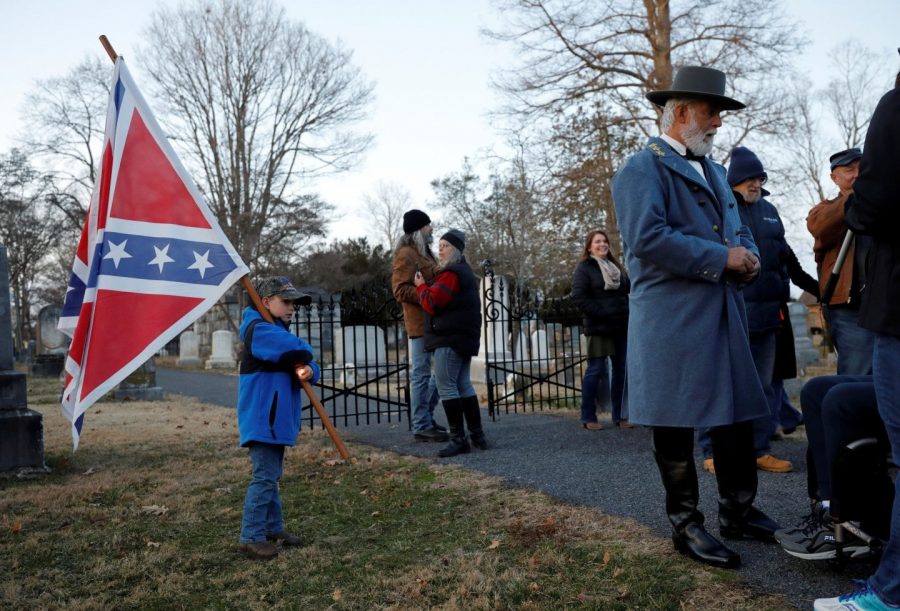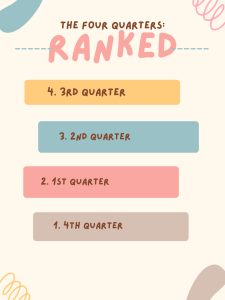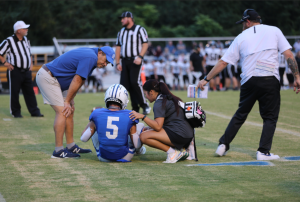Remembering the Confederacy
Participants in Lee-Jackson Day celebrations gather in Stonewall Jackson Cemetery on Jan. 17. Photo provided by Jonathan Drake.
January 28, 2020
Every year Lexington, Va. becomes the epicenter of the Virginia state holiday Lee-Jackson Day, a holiday which just so happens to fall on the same weekend as Martin Luther King Day. Since both Lee and Jackson lived and are buried in Lexington, people from across the country come to celebrate.
Lee-Jackson Day is a state holiday that was created in 1904 when Jackson was added to a previous holiday celebrating Lee that was established in 1890. Martin Luther King was later added to make Lee-Jackson-King Day until that decision was reversed in 2000 due to the celebration of both Confederate generals and a civil rights leader being viewed as incompatible.
Since then there has been a lot of controversy around the holidays, from scheduling conflicts in Lexington to multiple cities and counties in Virginia stopping the observance of the holiday. On Jan. 21, the Virginia senate voted to abolish Lee-Jackson Day and instead make Election Day a state holiday. This controversy is part of a larger nationwide debate about what the Confederacy stood for and how it should be remembered.
In a recent poll at RCHS, 52.3% of students said the Confederate flag stands for history. That is a logical conclusion; the flag we all know and love today as the Confederate flag is the Confederate battle flag, not the official flag of the Confederacy. According to Encyclopedia Britannica, their first official flag was the Stars and Bars, but its design was very similar to the USA’s flag, so the Confederate army selected a different design to use as a battle flag to avoid confusion. The Stars and Bars declined in popularity, so the Confederate government put the much more popular battle flag on a white background to be its new flag as the Stainless Banner. This new design was too much like a white flag of surrender, so the government adopted the Bloodstained Banner depicting the Confederate battle flag on a white background with a large red stripe on one side. In conclusion, the Confederate battle flag was used during the Civil War making it undeniably linked to history.
In that same RCHS survey, 42% of respondents said the flag represents heritage, and 48% said the flag stands for Southern pride. Most of the proponents of the flag use it as a way to honor their history, culture, and heritage. Many people who fly the flag have relatives who fought in the Civil War for the South, and as such use the Confederate battle flag to represent them. Many argue the flag stands for the honorable Southern values that were exemplified by the men who fought under it to protect their homeland.
23.3% of respondents said the flag represents slavery, which is especially interesting as well over 64% said the civil war was fought over slavery. The Confederacy was formed after seven Southern states seceded after the election of abolitionist President Abraham Lincoln, who wanted to restrict the expansion of slavery into the West, which, as new free states were added, would put the slave owning Southern states in the minority, possibly putting their right to own slaves in jeapoardy. After the battle of Fort Sumter, the Civil War officially started, and even more states, including Virginia, seceded to join the Confederacy. The Confederacy was dependent on slavery, as Alexander H. Stephens, the vice president of the Confederacy, said in his famous “Cornerstone” speech, according to Teaching American History. The foundation of the Confederacy was built, “upon the great truth that the negro is not equal to the white man; that slavery subordination to the superior race is his natural and normal condition.” Although some slave states did stay with the union, and the North was no doubt full of racists, the Union simply was not built upon the “great truth” of white supremacy and slavery in the way that the Confederacy was.
33.7% of students said the flag stands for white supremacy and racism. Although most people who fly the flag are not coming from a place of hate and racism, many see the flag to have negative racial connotations. The Confederate flag has been used by white supremacist groups like the Klu Klux Klan to represent thier ideals. A terrorist organization which has lynched hundreds of people and bombed schools and churches. More recently, the flag has been used by other white supremacists like Dylann Roof, who murdered nine African American churchgoers in Charleston, South Carolina. At the Unite the Right rally in Charlottesville, Va. many the white supremacists, one of which killed Heather Heyer in a terrorist attack, flew the flag.
Flying the Confederate flag, as well as celebrating Confederate holidays, is pouring salt in the wound of people who have been affected by the long lasting legacies of slavery, Jim Crow, racism, terrorism, and more. For those people, the Confederate flag represents their oppression, both historical and present day, and seeing others waving that flag celebrating their heritage reminds them of their ancestors who were enslaved, beaten, lynched, and persecuted.
People are not responsible for what their ancestors have done; no one can pick their family. Just as the descendants of Confederate veterans or slave holders are not at fault for their ancestors’ beliefs or actions, the descendents of slaves are not at fault for what their ancestors went through. Both sides are also blameless when it comes to the legacies of slavery and opression that impact present day America.
The descendants of slave owners are not responsible for the leg up that their ansestors gave them, just as the descendants of slaves are not responsible for the disadvantage our country’s history of slavery and opression puts them at. What we are responsible for, however, is what we choose to do today. Our actions are what define us, not our ancestors.
Facts don’t care about your feelings; no one should try to change history to make themselves feel better. No one should villainize or sanitize Confederate veterans, figureheads, and history to fit their own agenda. The truth resists simplicity, and these people were not the evil caricatures or the saints some paint them to be. Doing so does a disservice to everyone, from those who fly the Confederate flag as a sign of pride and history to those who were murdered in hate by those who flew the flag as a sign of racism and white supremacy.
People on both sides are biased and unwilling to step across the divide and listen to others’ opinions. Ignoring and dismissing those who disagree only drives a deeper wedge into the fabric of our nation, which is already torn in so many places.







